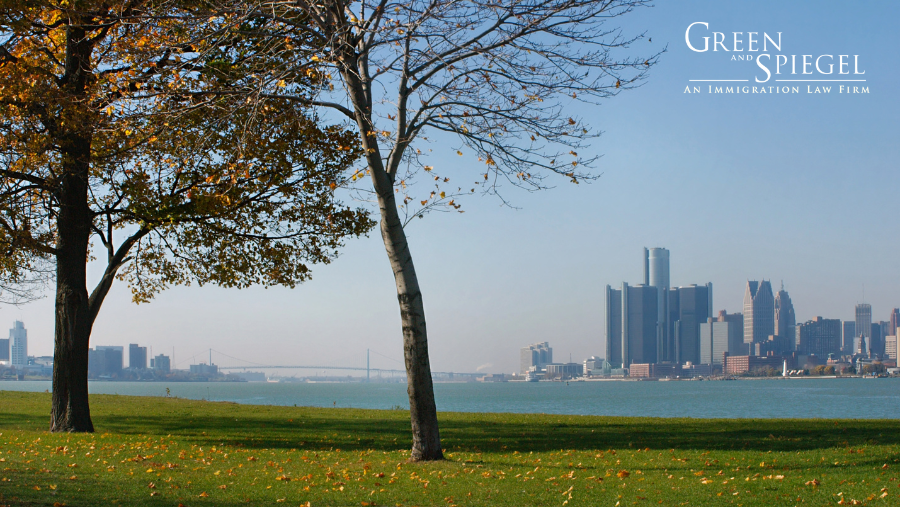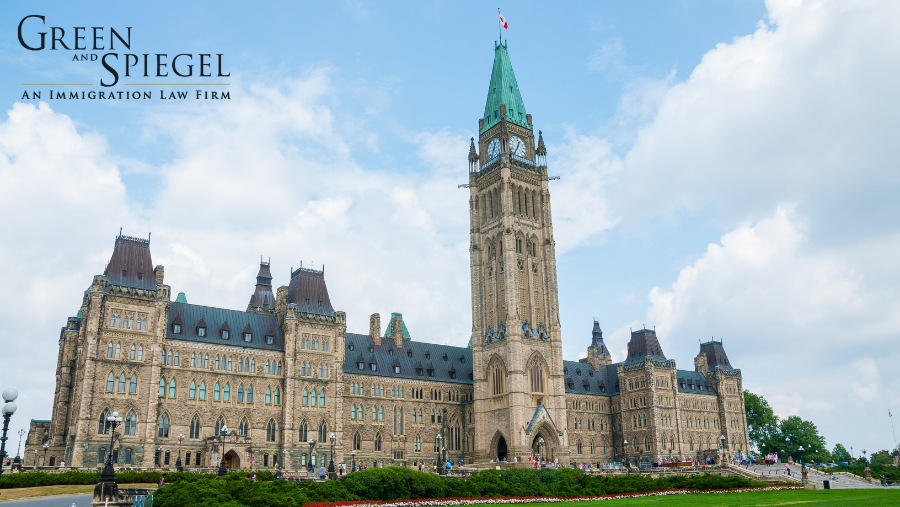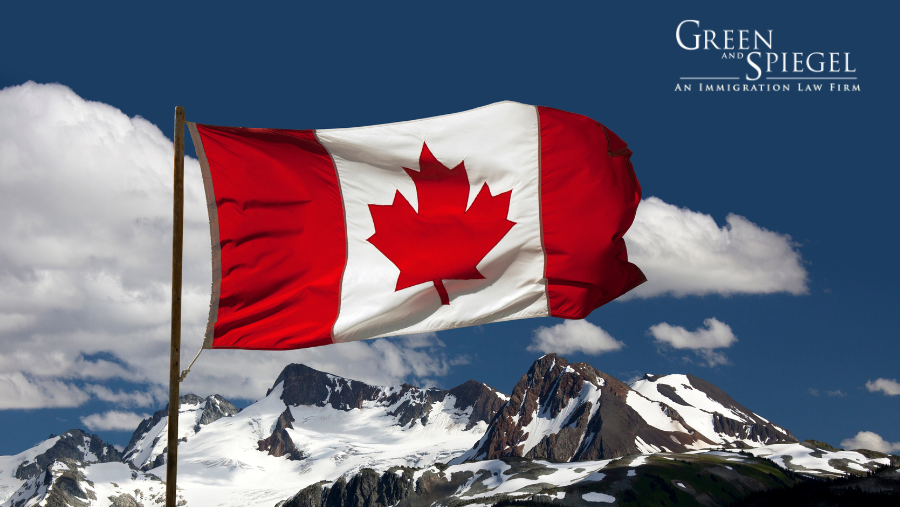
U.S. citizens and foreign nationals living in the U.S. who want to make a claim for refugee protection in Canada face significant challenges.
A major challenge for U.S. citizens is the strict requirements refugee claimants must meet in order to make a claim for refugee protection. Canadian immigration law strictly defines who is eligible to claim refugee protection in Canada. A person can claim refugee protection if they are recognized as either a Convention Refugee or a Person in Need of Protection.
A Convention Refugee is someone who by reason of a well-founded fear of persecution for reasons of race, religion, nationality, membership in a particular group or political opinion is outside of their country of nationality or former habitual residence and is unable or unwilling due to this fear to avail themselves of protection from this country or return to that country.
In comparison, a Person in Need of Protection is someone in Canada whose removal to their country of nationality or former habitual residence would subject them personally to a danger of torture or a risk to their life of cruel and unusual treatment or punishment. A person facing a risk to life or cruel and unusual treatment and punishment must also show that:
- They are unable, or because of this risk unwilling to avail themselves of the protection of their country;
- They would face this risk in every part of their country and this risk is not faced generally by other individuals in or from their country;
- The risk is not inherent or incidental to a lawful sanction, unless imposed in disregard of accepted international standards; and
- The risk is not caused by the inability of that country to provide adequate health or medical care.
Central to both a Convention Refugee and a Person Needing Protection is the requirement that a claimant not have an Internal Flight Alternative (IFA) in their country of nationality or habitual residence. This means that a refugee protection claim will fail if the decision maker is satisfied on a balance of probabilities that there is no serious possibility of the claimant being persecuted within the IFA in their home country, and if it is not unreasonable in all the circumstances for the claimant to seek refuge there.
At the present time, many American LGBTQ+ individuals are wondering about making an asylum/refugee claim in Canada. In short, if an American citizen is seeking refugee protection in Canada on the grounds of persecution due to their sexuality or gender, the existence of states and cities in the U.S. where they can avoid persecution will likely make it very difficult to have a successful claim in Canada. Currently, individuals in the LGBTQ+ community will find it near impossible to claim that they are in danger of torture or a risk to their life of cruel and unusual treatment or punishment in the U.S. If people in the LGBTQ+ community want to move to Canada because they prefer the current political climate in Canada as opposed to the U.S., they will need to make a routine work permit or permanent residence and sexuality will not be considered.
Foreign nationals living in the U.S. also face their own challenges when seeking refugee protection in Canada. Importantly, these individuals are generally barred from claiming protection in Canada under the Canada-US Safe Third Country Agreement. This Agreement provides that refugee claimants are required to request refugee protection in the first safe country they arrive in, unless they qualify for an exception to the Agreement. Since Canada has designated the United States as a safe third country, most refugee claimants in Canada who arrive from the U.S. are not eligible to claim protection.
As mentioned, there are exceptions to the Agreement, including for refugee claimants with certain family members in Canada and claimants who hold certain immigration documents. The Agreement also does not apply to US citizens and stateless persons who are habitual residents of the U.S..
Canada is required to continually review all countries designated as safe third countries. Accordingly, it is possible that Canada could change its designation of the U.S. as a safe third country in the future.
For further information on how you can immigrate to Canada through other pathways, please see this recent blog post. If you or a loved one is interested in immigrating to Canada and want to know more about which immigration pathway is the best fit for you, please contact us.
Green and Spiegel is hosting a webinar on Wednesday, November 20th, 2024 at 12 PM EST to provide insights and address your most frequently asked questions regarding cross-border immigration policies and opportunities. To sign up for this webinar, please register here.






